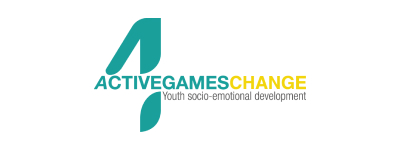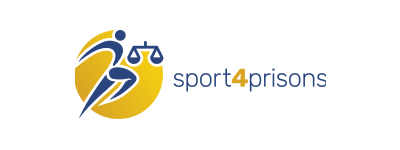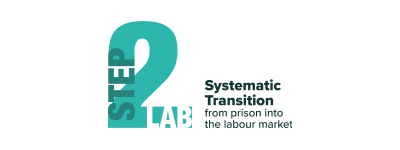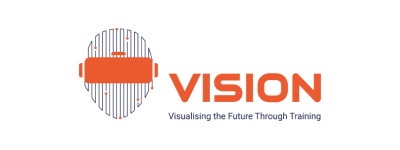
Active Games 4Change
Sport and physical activity learning environment for citizenship, emotional, social and e-competences training

Peer Pro-Social Modeling in Probation
Timeframe
01/11/2017 – 30/10/2019 (24 months)
Get in touch

The European Agenda on Education & Training 2010 suggests that it is necessary to facilitate peer training, especially with disadvantaged groups; additionally, the placement of offenders in peer-support roles is also increasingly recommended by different governments, as peers can be effective ‘identity models’ and the “living proofs” of the possibility of giving up the criminal life.
Peer support is necessary because offenders view professional staff as authority figures and are more likely to listen to individuals that have ‘walked in their shoes’, and it is cost-effective.
On the other hand, pro-social modeling – which is based on the notion of pro-social behaviour such as sharing, comforting, rescuing, and helping – is a style of supervision rather than a specific program that can reduce recidivism as much as 50%.
Thus, the PPROMPT project seeks to explore and implement an approach that would build social capital and resilience within people that are under probational measures.

Build up Peer a Pro-Social Model team, trained by the staff who are the working professionals in this field.
Conduct a needs’ assessment of the offenders and group work leaders to sort out which topics need to be revised.
Carry out research focused on the best practices of peer education and samples of Peer Pro-Social Models in different countries.
Teach a sample of offenders as “Pro-Social Models” where a newly structured life skills programme will be delivered by them.
Train a group of offenders to work as peer trainers for the others.
Deploy a programme in which peer trainers work voluntarily as a part of the community-work obligation under the supervision of training experts.
A peer Pro-Social Model system will be structured for the Probation System.
A needs analysis will be conducted to evaluate the efficiency of the present programmes in Turkey, Portugal, and Romania.
A literature review on peer training and a meta-analysis on Pro-Social Model best practices will be conducted.
A curriculum on Peer Training will be developed.
A “Peer Trainer’s Manual” will be prepared.
A “Pro-Social Model Manual” will be prepared.
A Trainer’s manual and toolkit will be produced for both training of probation experts and training of selected offenders.
The efficiency of group work and seminar programmes will be increased.
Tthe capabilities of the staff working for the Probation System will be fostered.
New methods on the rehabilitation and the reintegration of the offenders will be formed and tried within the system.
The service quality in the Probation System of the partner countries will be increased.
The service standards of the Turkish Probation System is expected to improve and rise to EU standards.

Sport and physical activity learning environment for citizenship, emotional, social and e-competences training

Assessing the Risk of Isolation of Sentenced and Accused: Enhancing the Capacity of Correctional Services to Work with Convicted Children

Cross-sectoral awareness building on mental health needs in the criminal justice system and on release

Blended Learning Environment for European Prisoners

Bringing Safety on the Roads

Coding in prison as a valuable OUTside tool for employment

Taking Further Prisoners’ Education Projects in Using Dialogue as Preparing for Release

European Interaction Guidelines for Education Professionals when working with Children in Juvenile Justice Contexts

European Induction Support for Adult Learning Professionals to the Correctional Criminal Justice System

Fair predictions of gender-sensitive recidivism

European Framework of Competences for Community Professionals in Gang Environments

Promoting sustainability in prisons through green competencies, education, and pathways to employment

Identifying future capabilities for Community Policing

Key Competencies for Minor Offender Reintegration

Development and testing of a process chain for the placement of former detainees as specialists in the labour market

Preventing Emotional and Sexual Abuse Among Young People

A flexible, multidisciplinary and transnational VET model for the PROBATION services and practitioners

Strengthening the capacity of criminal justice professionals and volunteers

New sports method for prisons as a tool to support competency development, positive values, and reintegration

Systematic Transition from Prison into the Labour Market

Training of Refugee Offenders by Virtual Reality

Secured digital education system for vocational skills for youngsters in closed institutions

Integrating Young Offenders Through the Blue Economy

Virtual reality for training inmates

Visualising the Future Through Training

Developing and Using Virtual Reality Technology for the Rehabilitation of Drug Users in Probation Services

Reducing Reactive Aggression through Virtual Reality